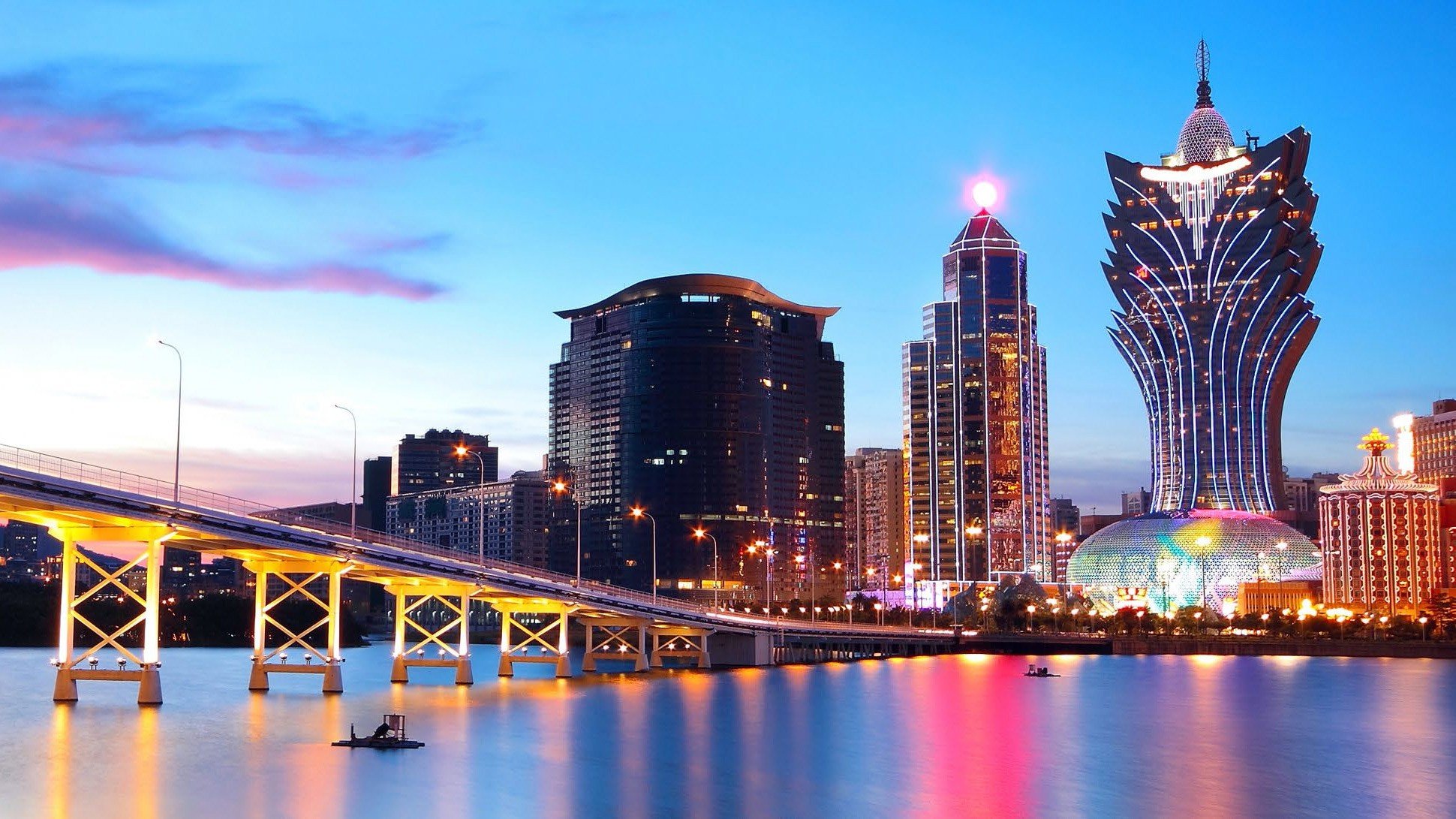Macau casinos post second-best month this year in June despite 2.3% revenue drop to $1.88B

Macau casinos' gross gaming revenue dropped by 2.3% in June from the previous month to MOP15.207 billion ($1.88 billion), according to a report released by the Gaming Inspection and Coordination Bureau (DICJ). However, despite the monthly drop, the latest data represents a 205% increase compared to the same period last year, and the second-best month this year so far.
June results contribute to an accumulated GGR of MOP80.136 billion ($9.94 billion) in the first half of this year, a figure that opens the door to a final result of GGR in 2023 that is, on average, far higher than that initially forecasted by the government, which was of MOP130 billion ($16.1 billion) for the full year. Gaming experts expect 2023 to reach 60% of 2019 levels, prior to the pandemic.
Alidad Tash
For Alidad Tash, Managing Director at 2nt8 Limited, the June results are "promising" considering that this month tends to be "traditionally slow" in terms of visitation and gaming results.
"The GGR for the second half of the year is expected to gradually increase as transportation gets back to its pre-pandemic levels. The non-gaming efforts by the gaming companies (e.g., concerts) shift into a higher gear, and the newly added hotel product reaches a higher occupancy," Tash stated, as reported by Macau News Agency.

In May, the Deutsche Bank forecasted that Macau GGR would potentially hit somewhere close to MOP177.17 billion ($21.9 million) for the full year, which is around 36.3% higher than the government forecast.
In the same forecast done by analyst Carlo Santarelli, Macau would potentially accumulate some MOP46.41 billion ($5.7 billion) in the second quarter of the year, reports Macau Daily Times. In reality, the figure now disclosed by DICJ shows that in Q2 GGR reached some MOP45.49 billion, that is, almost MOP1 billion short of the Deutsche Bank forecast.
For its part, last week, investment bank JP Morgan Chase & Co said they were expecting a “flat” result for June, that is, without major increases or decreases, considering such a result as “positive,” as traditionally the GGR results from May to June have already recorded drops.
The investment bank also forecasted that industry EBITDA would increase by 46% quarter-on-quarter, reaching $1.6 billion, equivalent to 70% of pre-pandemic levels. Meanwhile, free cash flow to equity is expected to approach 60% of 2019 levels
Ben Lee
On the other hand, Ben Lee, managing partner of IGamiX Management Consulting, underlined that June is the first month since February to not record a month-on-month growth, raising the possibility that the city gaming sector may have “plateaued” in terms of its “mass driven recovery."
It is to be taken into account that June this year also included a long holiday period due to the June 22 (Tung Ng Festival) public holiday falling on a Thursday, which resulted, in most cases, in an extension of the weekend on the mainland.
Maria Helena de Senna Fernandes
Local tourism authorities have been advancing with several initiatives to attract a different pool of tourist visitors to the SAR, including flight ticket discounts in collaboration with various airlines. In June, the city logged a daily average of over 70,000 tourists, according to Maria Helena de Senna Fernandes, the director of the Macau Government Tourism Office, but with only less than 6% of arrivals coming from overseas.
According to the survey conducted by Macau Hotel Association, the average hotel room rate for the first five months of 2023 reached MOP1,235.3 ($153.32), a year-on-year increase of 49.5%, with the average hotel occupancy rate for the same period skyrocketing to 80.6%.
When compared with 2019 (pre-pandemic) the result of the first half of 2023 is still some 46.4% lower than in pre-pandemic times when the first months of the year had accumulated MOP149.503 billion ($18.5 billion).

A study conducted last month by scholars from the Shanghai Cooperation Organisation Research Institute, Shandong University, and the University of Macau highlighted that Macau is set to undergo a challenging and critical test in the future. The city, known for its reliance on mainland Chinese high-rollers to sustain its gaming industry, is now facing the need and pressure to transition away from this model.
As reported by local media, the economic recession that accompanied the Covid-19 pandemic, as well as Beijing's push for an overhaul of the gaming sector, have made it "impossible" for Macau authorities to maintain the "status quo" or implement reforms at a slow pace, the research concluded.



















































